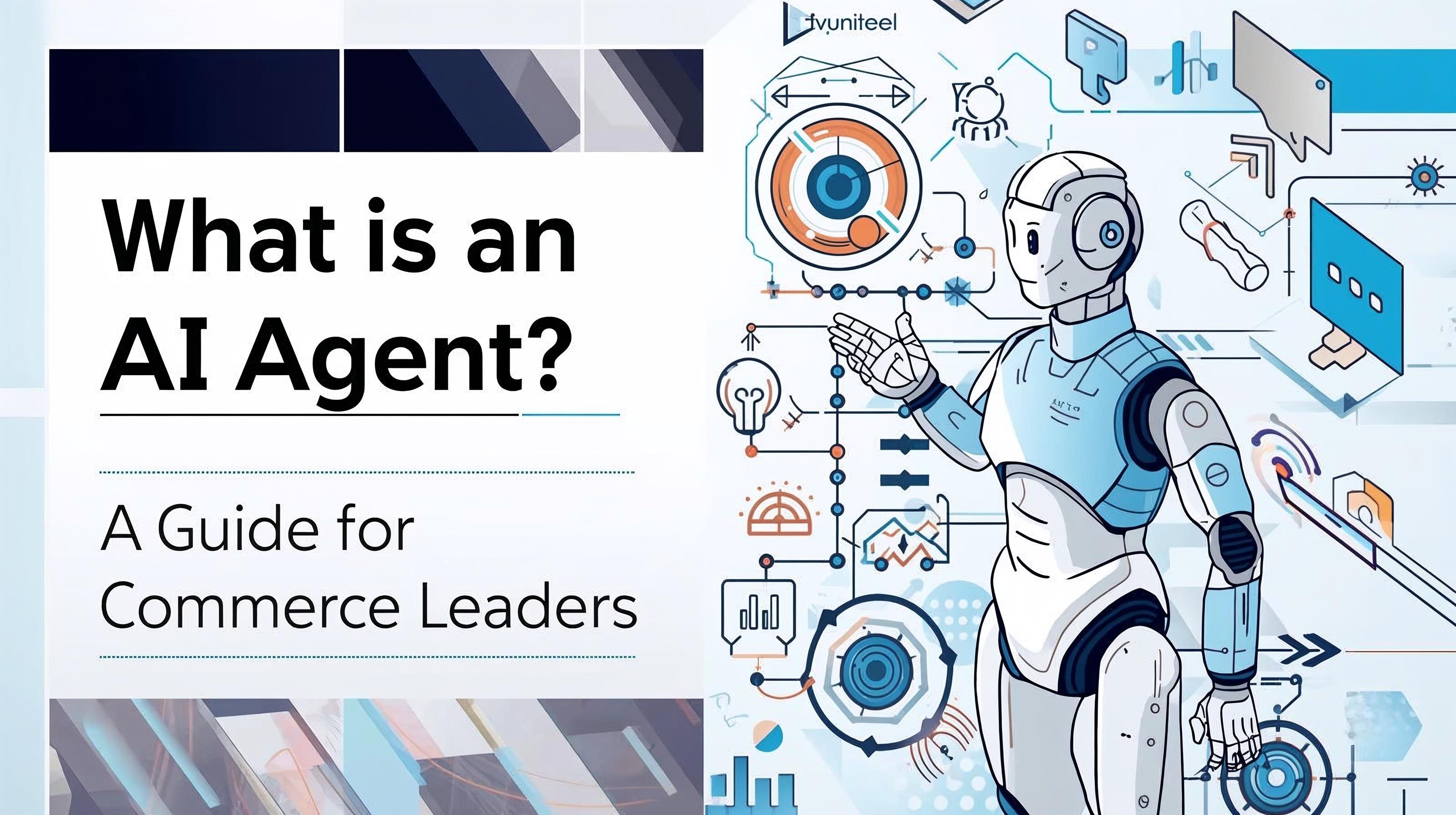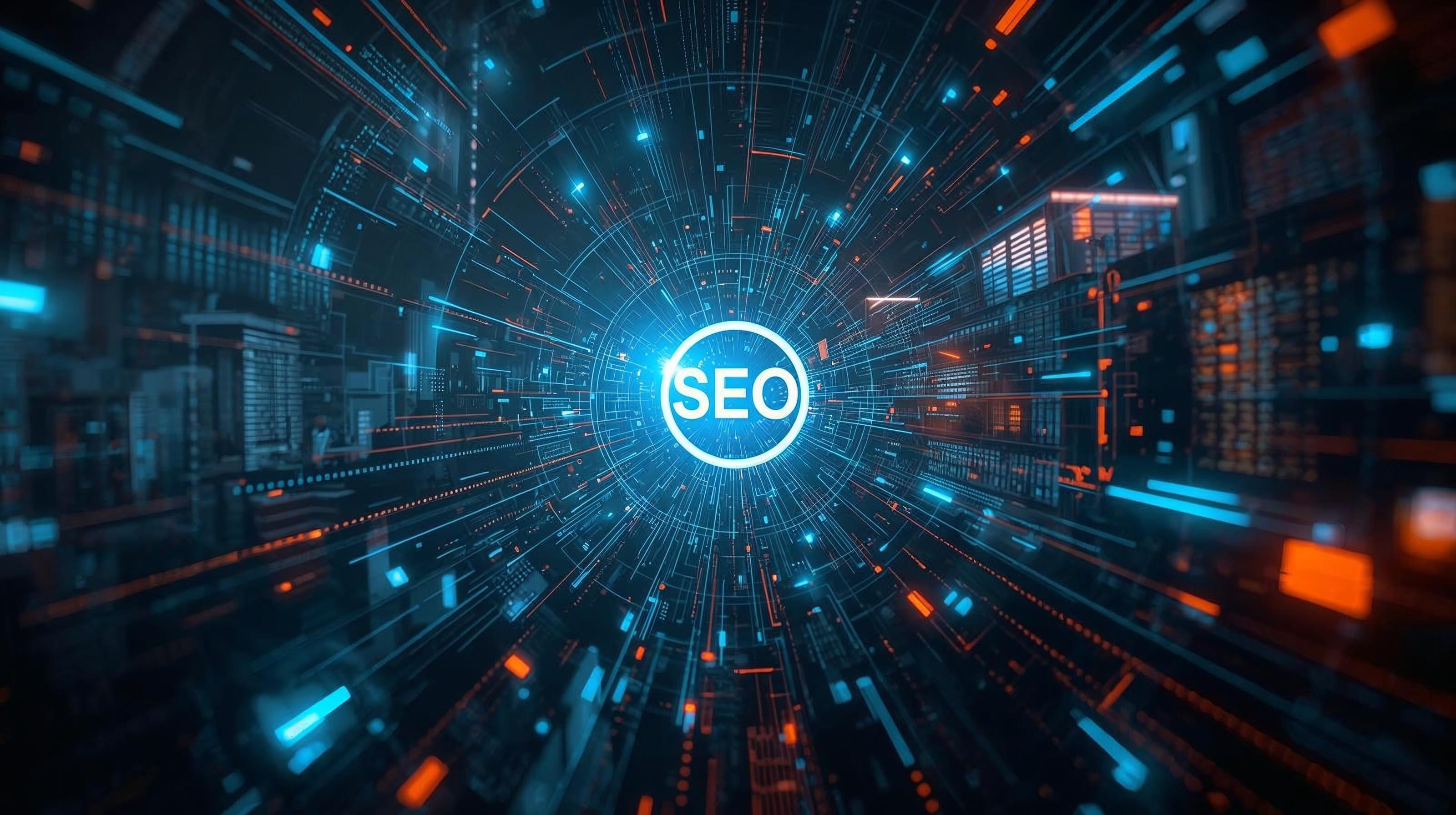The world of AI is awash with buzzwords. You hear about automation, machine learning, bots, and generative AI so often they start to lose their meaning. But one term represents a fundamental leap forward, a concept so different it demands its own category: the AI Agent.
For a commerce leader, understanding this difference isn't just an academic exercise; it's the key to unlocking the next level of operational efficiency, speed, and growth. While other forms of AI provide you with better tools, AI agents provide you with a tireless, intelligent, and autonomous workforce.
This guide will cut through the hype and give you a clear, practical definition of what an AI agent is and why it's the foundation for the future of your business.
From Simple Scripts to Autonomous Systems
To understand what an agent is, it helps to understand what it isn't. Let's look at the evolution:
Level 1: Automation This is the most basic form. It's a rigid, pre-programmed script that follows a simple "If This, Then That" logic. For example: If a customer signs up for your newsletter, then send them the "Welcome" email template. It's useful, but it's not intelligent. It can't adapt, learn, or make decisions.
Level 2: Bots & Assistants Think of a customer service chatbot. This is a step up. It can understand natural language and perform a limited range of tasks in response to a direct command, like checking an order status. However, it is purely reactive. It waits for a human to give it a specific instruction before it does anything.
Level 3: AI Agents This is a different class of entity entirely. An AI agent is not a reactive tool; it is a proactive, goal-oriented system. It doesn't wait for instructions. It is given an objective and is empowered to take the necessary steps to achieve it.
The Three Core Pillars of an AI Agent
The easiest way to think about a true AI agent is to compare it to a self-driving car. It operates on three core principles:
1. It Has a Goal (It's Objective-Driven)
You don't tell a self-driving car how to drive; you tell it where to go. You give it a destination, an objective. The system then figures out the best way to get there.
An AI agent works the same way. You don't give it a list of rigid, step-by-step tasks. You give it a high-level business goal.
- Old Way (Automation): "If a cart is abandoned for 1 hour, send email template #A."
- Agentic Way (Objective): "Your goal is to reduce the cart abandonment rate by 15%."
This fundamental difference means the agent is focused on achieving a business outcome, not just executing a process.
2. It Perceives its Environment (It's Context-Aware)
A self-driving car uses a suite of sensors—cameras, LiDAR, radar—to build a real-time, 360-degree understanding of its environment. It sees other cars, pedestrians, traffic lights, and road conditions, and it constantly updates its understanding.
An AI agent does the same with your business data. It connects to all your key systems—your ecommerce platform, your ad accounts, your inventory system, your customer support desk—to build a live, holistic view of your entire commercial operation. It knows your real-time sales velocity, your current stock levels, the performance of your marketing campaigns, and even emerging customer trends.
3. It Acts Autonomously (It's Action-Oriented)
Based on its goal and its perception of the environment, a self-driving car makes its own decisions: when to accelerate, when to brake, when to change lanes. It takes independent action to navigate the world and reach its destination.
This is the most powerful characteristic of an AI agent. Based on its objective and its real-time understanding of your business, it can choose and execute the best course of action.
To achieve its goal of reducing cart abandonment, the agent might:
- Send a personalised email with a time-sensitive discount.
- Trigger an SMS reminder for a high-value cart.
- Alert the development team if it detects a technical glitch in the checkout process that is causing a spike in abandonments.
- Test different interventions to learn which ones are most effective for different types of customers.
It is this ability to perceive, reason, and act independently that separates a true agent from a simple bot.
A Team of Specialists for Your Business
In an Agentic Operating System like Vortex IQ, you don't just have one agent; you have a team of specialists, each with its own domain and objectives, working in concert.
- An Inventory Agent's goal is to prevent stockouts, so it monitors sales velocity and automatically generates purchase orders.
- A Marketing Agent's goal is to maximise ROAS, so it reallocates ad spend from underperforming campaigns to winners.
- A Site Reliability Agent's goal is to ensure 100% uptime, so it monitors site functionality and can automatically roll back a bad code deployment.
This is the future of business operations: not just using AI as a tool, but deploying it as an intelligent, autonomous workforce that scales with your ambition. It frees up your human team to focus on the strategy, creativity, and leadership that no machine can replicate.
Ready to see what an AI workforce can do for you?





